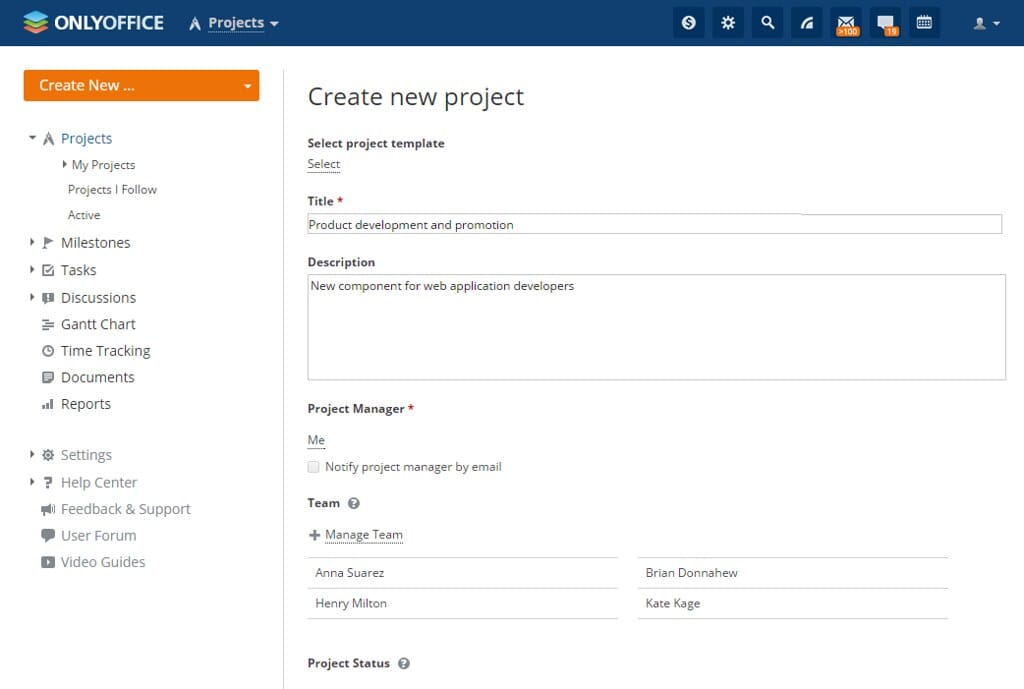Promising Linux Project Abandoned After Developer Faces Relentless Online Harassment
The open-source community is grappling with another troubling case of developer burnout driven by harassment, as the creator of a popular Linux distribution announced they're shutting down the project after facing months of personal attacks and toxic behavior from users.
The Human Cost of Open Source
The developer, who chose to remain anonymous in their final project announcement, cited "sustained harassment, personal attacks, and threats" as the primary reason for abandoning what had become a thriving Linux distribution with over 50,000 active users. The project, which focused on providing a user-friendly desktop experience for newcomers to Linux, had garnered significant community support and was featured in several major Linux publications over the past year.
"I started this project to give back to the community that gave me so much," the developer wrote in their farewell post. "Instead, I found myself dreading every notification, every comment, and eventually every day I had to work on something that once brought me joy."
A Pattern of Toxicity in Tech
This incident reflects a broader crisis plaguing the open-source ecosystem. According to a 2023 survey by the Linux Foundation, 42% of open-source maintainers reported experiencing harassment or hostile behavior from community members. The study found that smaller projects, often maintained by individual developers or small teams, are particularly vulnerable to this type of abuse.
The harassment typically manifests in several ways: aggressive demands for immediate bug fixes, personal attacks when features aren't implemented quickly enough, and threats when developers make decisions that some users disagree with. In this case, the developer reported receiving dozens of hostile messages daily across multiple platforms, including personal social media accounts.
The Sustainability Crisis
The closure of this Linux project highlights a critical sustainability issue in open source. While users often treat open-source software as a commercial product with expected service levels, the reality is that many projects are passion projects maintained by volunteers in their spare time.
"We have a fundamental mismatch between expectations and reality," explains Dr. Sarah Chen, who researches open-source sustainability at MIT. "Users expect enterprise-level support from individual developers who are often working for free, and when those expectations aren't met, some people unfortunately turn to harassment."
The financial aspect compounds the problem. Unlike commercial software companies that can hire community managers and support staff, individual open-source maintainers often handle everything from development to user support alone. The now-defunct Linux project was operating on less than $200 per month in donations, despite its significant user base.
Beyond Individual Impact
The loss extends far beyond one developer's wellbeing. The project's closure means 50,000 users must migrate to alternative distributions, potentially disrupting workflows and requiring significant time investment to reconfigure systems. Several derivative projects that built upon this distribution are also now in jeopardy.
Educational institutions had begun incorporating the distribution into their curricula due to its beginner-friendly approach. Three universities confirmed they'll need to restructure their Linux courses for the upcoming semester, affecting hundreds of students.
Building Better Communities
Some organizations are taking steps to address the harassment problem. The Apache Software Foundation recently implemented stricter community guidelines and dedicated resources for maintainer mental health support. GitHub has enhanced its reporting tools and response times for harassment cases, while the Linux Foundation has launched mentorship programs that include guidance on handling difficult community interactions.
However, experts argue that platform-level solutions aren't sufficient. The broader tech community needs cultural change that recognizes the human beings behind the code and treats open-source contributions as the gifts they are, not entitlements.
The Path Forward
The open-source community must confront an uncomfortable truth: its sustainability depends not just on code quality or technical innovation, but on creating environments where maintainers can work without fear of abuse. This means establishing clearer boundaries between users and developers, implementing better support systems for maintainers, and collectively working to change the toxic culture that drives talented contributors away.
As this talented developer noted in their final message: "Open source should be about collaboration and shared growth, not about enduring abuse for the privilege of giving away your work for free." Until the community takes harassment seriously and implements meaningful protections for maintainers, we'll continue losing valuable projects and the passionate people behind them.
The cost of inaction isn't just measured in abandoned code repositories – it's measured in human potential squandered and innovation lost.
